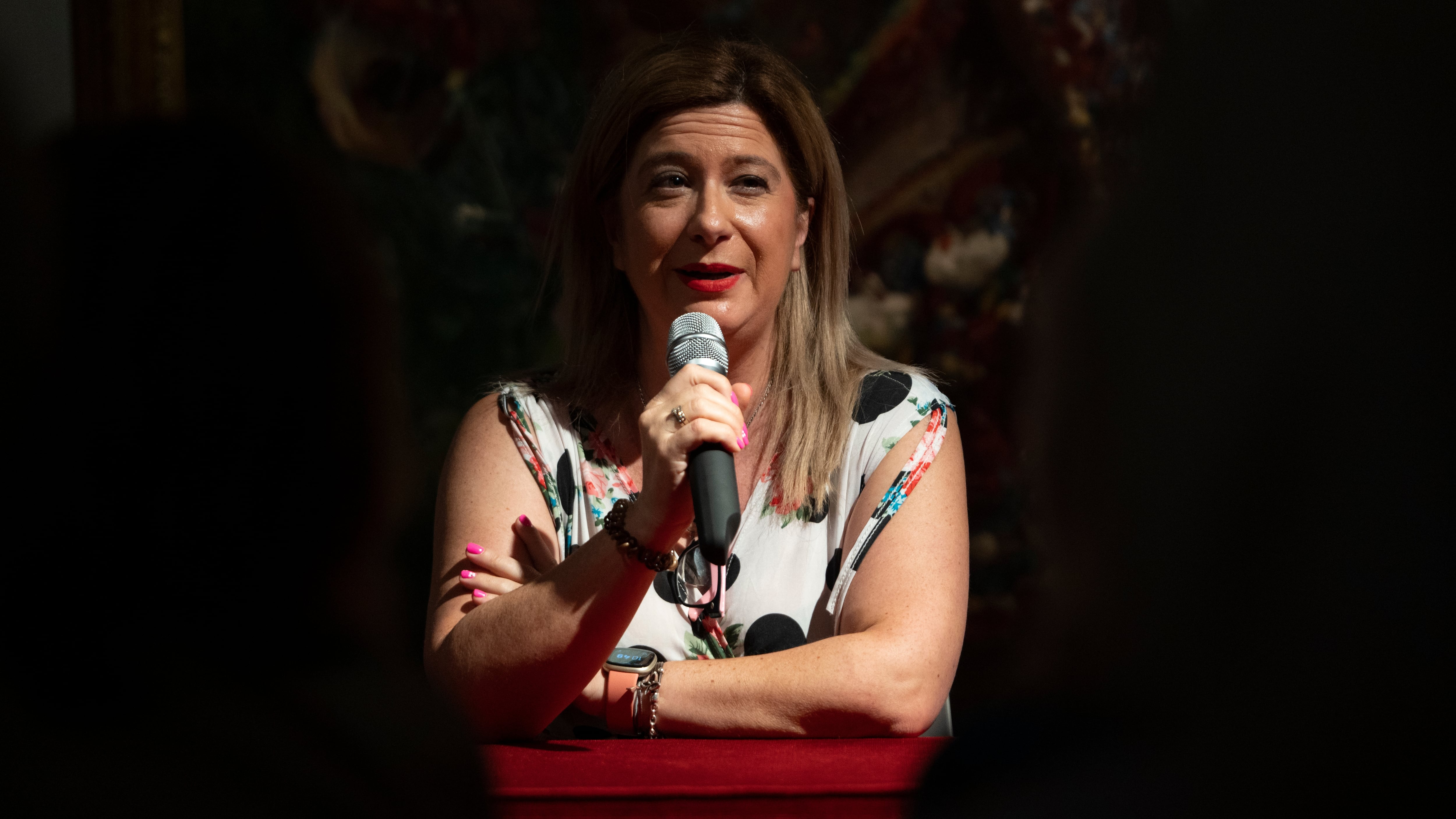« Do not buy this fish, » is the advice. Will there be no mackerel in the store anymore?
/s3/static.nrc.nl/images/gn4/data130625334-2c9054.jpg)
The mackerel is not doing well. From Tuesday the fish on the Dutch Viswijzer is in red. The advice is: do not buy this fish. Due to years of overfishing, the catch of mackerel is no longer sustainable, concludes the organization behind the Viswijzer.
The Visfederatie, a trade association for the fish processing industry and fish wholesaler, calls on the advice to reverse. According to the Federation, there is indeed overfishing, but European fishermen and consumers are the victims of overfishing by coastal states that are not members of the European Union such as Norway and the Faroe Islands.
« The Mackerel is a very beautiful fish, trapped according to a very beautiful fishing, » says Margreet van Vilsteren, founder of Good Fish, the organization behind the Viswijzer. The Viswijzer is affiliated with the World Wildlife Fund and is intended to « make consumers easier to choose sustainable fish. » In the overview, each fish species gets a green, orange or red symbol.
That the mackerel now turns red on the Viswijzer is no surprise, says Van Vilsteren. In 2019 the fish lost all the MSC certificate, which stands for sustainable and well-managed fishing. The mackerel is caught according to Pelagic Fisheries – catching large schools of fish, with little risk of by -catch and without trawl nets destroying the seabed. According to Van Vlisteren, « in essence a sustainable way of fishing » when « good international agreements » are made about how much can be caught.
Fish quota
But those international agreements between coastal states of the North Atlantic Ocean have not been there for years, she says. The European Union uses a general quota; Norway, Iceland, the Faroe Islands, Greenland and Russia island group each have their own fish quota. Since 2010, no more catch agreements have been made, which means that the total catch is a lot higher than the scientific advice.
According to international scientific agency ICES, which keeps track of fishing ranges around the world, the mackerel population in the North Atlantic Ocean is heading for a criticism. Tim Heddema, chairman of the trade association for Pelagic Fisheries Companies and member of the Visfederatie, finds the advice of the Viswijzer « premature » and warns of « a major impact on the Dutch fishing sector. »
According to Heddema, the problem lies with the countries that do not comply with the agreements and undermine the current multilateral negotiations on quotas. The EU would be the only one to behave sustainably and the Red Advice of the Viswijzer « therefore only punishes the best boy in the class, » says Heddema. On behalf of the Visfederatie, he is in contact with colleagues from the fishing sector from other coastal states, such as Norway, to lobby for stricter quotas.
When asked how Dutch consumers can deal with the falling mackerel population, he says: « Continue to eat mackerel. » If consumers think it is important that the fish is caught sustainably, they can look at the packaging or the fish in Norway or in the Dutch North Sea. « We say: put a red brand on those countries that do not comply with the agreements. »
Alternatives
Will there be no mackerel in the supermarket or at the fishmonger anymore? According to a spokesperson for Albert Heijn, 91 percent of the fish that AH sells MSC or ASC is certified. The supermarket chain says that, following the adapted Viswijzer advice, it will prepare the current mackerel stock and be in conversation with suppliers to look at alternatives to Mackerel. « If we don’t succeed, we will stop selling mackerel, » said a spokesperson.
According to Van Vilsteren van Good Fish, it doesn’t matter if you get a fresh mackerel fillet sandwich at the stall or it creates directly from a can of a can of a cans, almost all mackerel that is sold in the Netherlands belongs to the kind of ‘Scomber Scombrus’, which is on the Red List. Her advice remains: don’t buy. According to her, people who really look for an alternative can turn to the MSC-certified Chilean brandsmakreel: « You can’t argue about taste. It is slightly less fat, but also a great fish. »

/s3/static.nrc.nl/images/gn4/data133008088-d0928d.jpg)
/s3/static.nrc.nl/images/gn4/stripped/data133019292-8fde9a.jpg|https://images.nrc.nl/_V11ZT6lBXJd1-GUE7HKgFWv3XQ=/1920x/filters:no_upscale()/s3/static.nrc.nl/images/gn4/stripped/data133019292-8fde9a.jpg|https://images.nrc.nl/vhneOyoQxXGuw-R4ZiPzXreeksE=/5760x/filters:no_upscale()/s3/static.nrc.nl/images/gn4/stripped/data133019292-8fde9a.jpg)
/s3/static.nrc.nl/images/gn4/stripped/data132850061-63fc6c.jpg)



